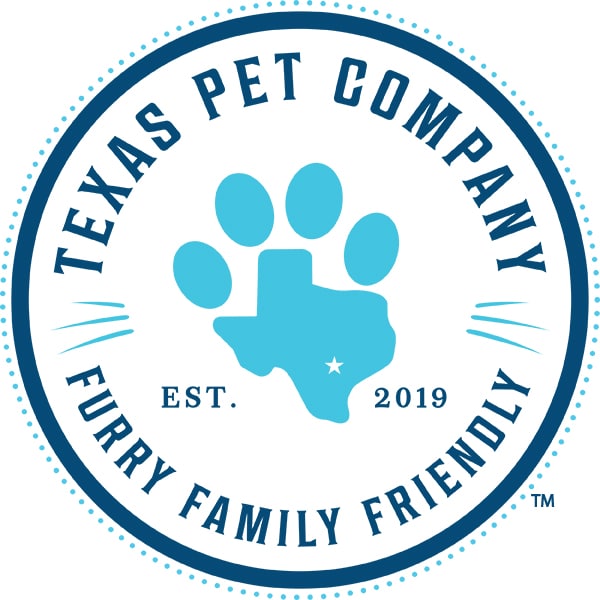Heartworm is a parasite that gets transmitted through bites from infected mosquitoes. Larvae enter the bloodstream and migrate to the heart. Larvae live in the heart for six months before they turn into adults. If an animal tests positive for heartworm, he can be treated in an effective and safe way, unless the infestation has been present for a long time (3-4 years).
Most holistic practitioners and alternative veterinarians will explain that the healthy pet, that eats a good diet, is vaccine free, and is not currently on any heartworm medication or chemical flea and tick preventatives, most likely has a strong immune system that will fight off heartworm. None of the larvae will survive and become adults. In the unlikely event that some of the larvae should manage to survive to adulthood, it is not the death sentence that many vets and pharmaceutical companies want us to believe. A truly healthy dog will not be a hospitable host. His strong immune system will weaken heartworms and the pet should be able to fight them off with no lasting ill effects to his health.
Dr. William Falconer, a homeopathic veterinarian in Austin, Texas states: “The heartworm has been out there forever as far as we know, but we don’t read reports of wolves and coyotes being wiped out by heartworm, and yet domestic dogs are falling prey to it.”
The reason why our domesticated pets are falling prey to heartworms is because they have weakened immune systems. Canines in the wild are eating raw meat and bones and are never exposed to chemical treatments. Their strong immune systems fight off heartworm in the larvae stage, or very few heartworms survive and they do not threaten their hosts’ lives.
A parasite doesn’t intend to kill the host. The evolution of a parasite depends on completing its life cycle. If it kills the host it means the end. When parasites infest and ultimately kill the host, the host must have had health issues to begin with.
Veterinarian Dr. Levy practiced for many years in California and treated many dogs with heartworms. He observed that the only dogs that developed symptoms of heart failure were those with yearly vaccines, being fed commercial dog food and receiving drug treatments for other symptoms such as skin conditions.
Dr. Levy concluded “It is not really that different from the common intestinal roundworms, in that most dogs do not show any symptoms. Only a dog whose health is compromised is unable to tolerate a few worms. Furthermore, a truly healthy dog would not be susceptible to either type of worm in the first place. It seems to me that the real problem is that allopathic attitudes have instilled in many of us a fear of disease, fear of pathogens and parasites, fear of rabies, as if these are evil and malicious entities just waiting to lay waste to a naïve and unprotected public.”
So do we need to use a preventative every year? To see if your pet is even at risk, find out how many cases of heartworm we had in Ontario over the last few years and where the majority of cases happened. Infected mosquitoes transmit heartworm, so how about eliminating the risk by keeping your pet safe with a natural mosquito repellent and reducing mosquito populations in the environment? Stagnant water is an ideal breeding ground for them. Get rid of it. When traveling with your pet, find out how high the risk of heartworm is in those areas, and take precautions like holistic insect repellents.
Be aware that the posters from the manufacturers of preventive heartworm medications are supposed to create fear in you. And it works, doesn’t it? But is the risk as high as they make it sound? Are we buying because we are uneducated about the disease, the product, the side effects, and the actual risk for our pets? The usual dramatic poster of an open heart full of heartworm is in reality the heart of a animal with weak immunity that has been infected with heartworm for years, never been tested and never been treated.
The pills for heartworm are actually not a preventative, but the cure, which is toxic. Would you take toxic medication for leukemia every month of every year just in case you might ever get it? Most likely not. Dr. Martin Goldstein, DVM, states in his book The Nature Of Animal Healing that he believes that most of the liver diseases and cancers we see in today’s dogs are related to heartworm preventatives. His own dog and most of the clients in his practice are not treated with heartworm preventatives.
As mentioned earlier, heartworm meds, flea and tick prevention and the annual check-up are a major source of income for veterinarians. You do have a choice of saying yes or no to products or services. That does not make you a bad pet owner. That makes you a good and educated pet owner who is making careful choices by weighing the likelihood of encountering diseases or health problems from toxic preventatives. Period.
What is the best remedy for heartworm?
Ignore the ads.



